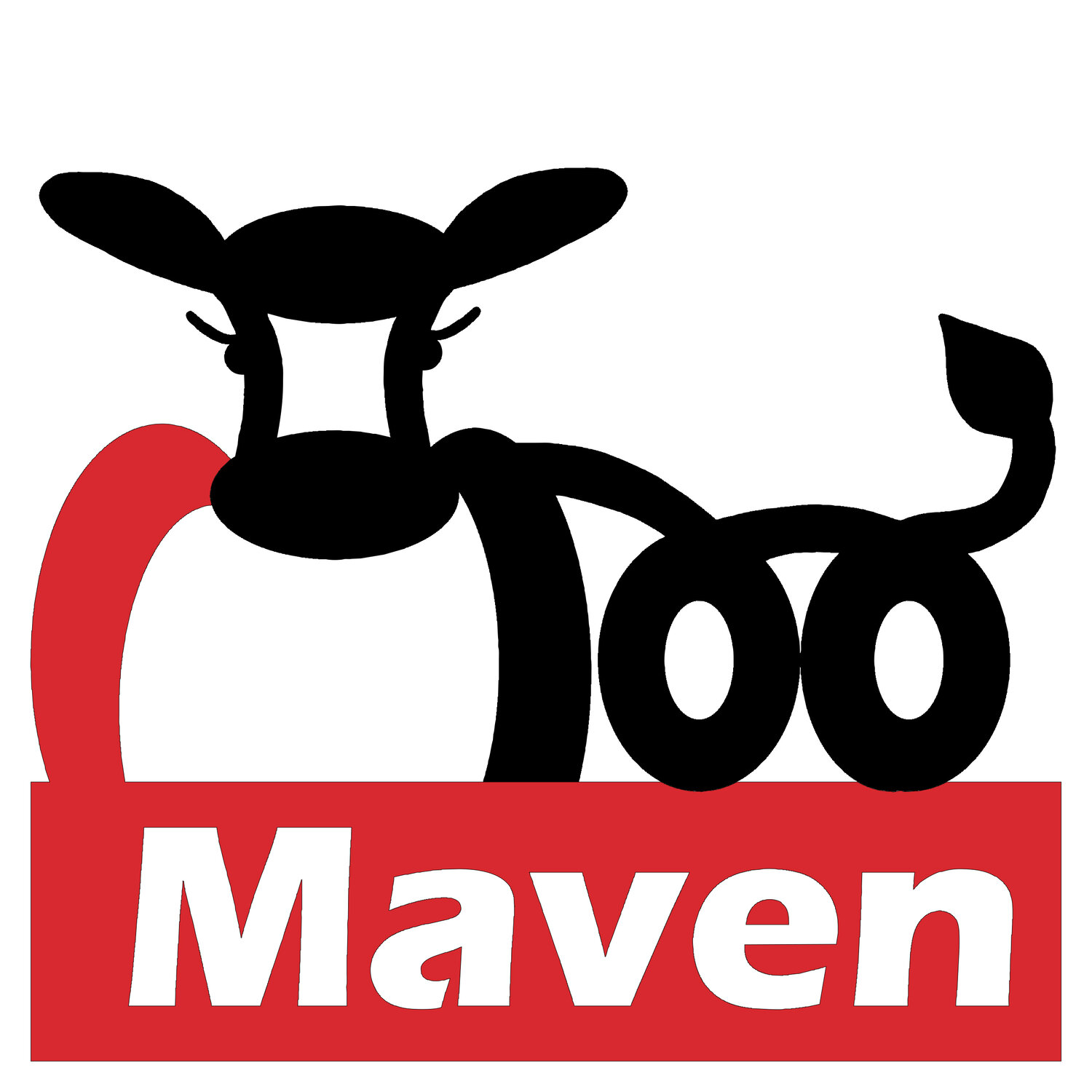Cows are bad for the environment! Cow farts are killing us! Sound familiar? These are the headlines we are bombarded with in the popular press. When the reality is very different and so much more nuanced.
Jackie Nix introduces participants to the world of animal and environmental science to separate fact from fiction. Discover fascinating modern technologies being used to mitigate effects caused by cattle. Learn more about this hot button issue that has real-world relevance to each and every one of us from an actual animal scientist!
Students will get an age-appropriate look at the biology of domestic cows and wild bovines to see their place in the natural ecosystem. We’ll look at how North American cow numbers today compare to numbers of wild ruminants prior to European colonization.
Additionally students will be introduced to the carbon cycle and how different carbon forms in our atmosphere affect climate. We’ll look at historical data of global temperatures and how it aligns with human activity.
Finally, students will see how cows interact both negatively and positively with atmospheric carbon and will get a brief introduction to some of the ways modern cattle producers are working toward carbon neutrality.
Participants will be encouraged to use critical thinking and the scientific method to conclude if cattle are more harmful or more beneficial to the both the environment and to humans. They will be encouraged to draw conclusions and state supporting facts pro or con and express these with the group.
Key Learning Points:
• Cows burp greenhouse gases
• Cows both contribute to greenhouse gases and remove greenhouse gases
• Increases in atmospheric greenhouse gases correlate with human activities not related to cattle production
• Elimination of domestic cattle would have little impact on overall greenhouse gas levels
• Modern cattle production can be an important tool in short term reduction of greenhouse gases
Other Skills:
• Critical Thinking
• Scientific Method
• Expressing Conclusions With Supporting Facts
Cows are bad for the environment! Cow farts are killing us! Sound familiar? These are the headlines we are bombarded with in the popular press. When the reality is very different and so much more nuanced.
Jackie Nix introduces participants to the world of animal and environmental science to separate fact from fiction. Discover fascinating modern technologies being used to mitigate effects caused by cattle. Learn more about this hot button issue that has real-world relevance to each and every one of us from an actual animal scientist!
Students will get an age-appropriate look at the biology of domestic cows and wild bovines to see their place in the natural ecosystem. We’ll look at how North American cow numbers today compare to numbers of wild ruminants prior to European colonization.
Additionally students will be introduced to the carbon cycle and how different carbon forms in our atmosphere affect climate. We’ll look at historical data of global temperatures and how it aligns with human activity.
Finally, students will see how cows interact both negatively and positively with atmospheric carbon and will get a brief introduction to some of the ways modern cattle producers are working toward carbon neutrality.
Participants will be encouraged to use critical thinking and the scientific method to conclude if cattle are more harmful or more beneficial to the both the environment and to humans. They will be encouraged to draw conclusions and state supporting facts pro or con and express these with the group.
Key Learning Points:
• Cows burp greenhouse gases
• Cows both contribute to greenhouse gases and remove greenhouse gases
• Increases in atmospheric greenhouse gases correlate with human activities not related to cattle production
• Elimination of domestic cattle would have little impact on overall greenhouse gas levels
• Modern cattle production can be an important tool in short term reduction of greenhouse gases
Other Skills:
• Critical Thinking
• Scientific Method
• Expressing Conclusions With Supporting Facts






